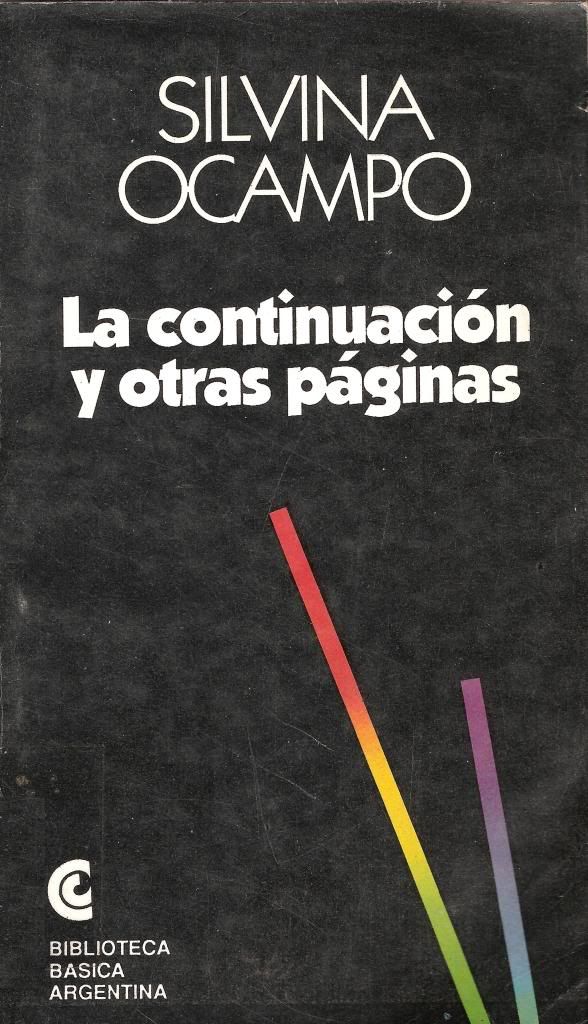Though I realize there's nothing more dull than an account of someone else's dream, on occasion some dream strikes me enough that I feel like sharing. What follows is only a small fragment of what must have been a larger dream, but only this particular scene stuck with me after awakening.For some reason the image is saturated in a violet tint, as if filmed through a filter. The scene begins with a man at a drum set, banging away with enthusiasm, which is reflected in the almost beatific look of joy on his face. His hair is long and straight, and though his clothing is hard to make out in the purple saturation, it's light tone and lose shape suggests the hippie look circa 1969.
The scene pulls back, revealing a similarly dressed guitarist, also playing with the same degree of bouncy enthusiasm. Also a mike stand stands before both of them, awaiting the arrival of the singer. There is something peculiar about their happiness, as if it comes just shy of being clearly parodic. The thought crosses my mind, as the viewer of this scene, that this may be a parody of a band, something akin to The Monkees. The music is largely unmemorable, but shares the exaggeratedly sunny feel of the rest of the performance.
The scene pulls back a little more, and a man comes into the foreground. He is wearing a suit, also circa 1969, and his hair is a large mass of pale curls. Were it not for the violet tint of the scene, which creates the impression of a clown wig, it would appear to be an oversized Harpo Marx wig. He doesn't say anything, only looks at the viewer, smiles, turns to look at the band, than turns back and smirks. There's a hint of an eye roll, and the whole performance communicates something like, Get a look at these guys, can you believe they're for real?
We than see come out on stage a third member of the band, who strides out to stand in front of the microphone stand. During the whole time he has been in the scene, he has been facing away from the viewer. Though he is dressed just like the other two members, he sports a large pale Afro, which looks similarly clown-like as that of the man in the suit. As he turns around, the scene comes to an end, but I am left with the conviction that had I seen his face, I would have seen that he was the same person as the man in the suit.
-------------------------------------------------------------------------------------
Some thoughts: I'm always struck by how seemingly ironic dreams can be. Perhaps there is some simple Freudian interpretation to the above. Yet what sticks with me are the odd ironic elements. The way the musicians' enthusiasm suggests a parody of enthusiasm. The man in the suit, which suggests something like the host of a music program, responding to the enthusiasm with the implication that he finds the whole thing ridiculous. Yet, it's not clear if he's supposed to be in on the joke (if there is one). Made all the more haunting by the suggestion that he is really the singer, though we don't ever hear his voice.
There are of course different theories on dreams. Freud believed that they were expressions of the unconscious, those things that we keep locked away from our waking selves. Others believe that dreams are just random scenes that don't really mean anything. I have to admit I'm agnostic on whether either of those two theories is entirely correct. But the above sort of dream really strikes me with the way it seems to neither be an expression of something as straightforward as anxiety or desire nor does it seem entirely random. Weird, yes; surreal, definitely; but with its own peculiar dream logic.
-------------------------------------------------------------------------------------
I drafted this earlier in the day and since have had some opportunity to think it over. Some elements are recognizable. The general tone of ironically upbeat rock music may have been inspired by my viewing of
The Happening meets "The Happening" on the Agony Booth website. The man in the suit bore something of a resemblance to Syd Barrett (albeit with a blonde/purple Afro), though why he ends up being the presenter as well as singer is something that just seems original to the dream. And the image of a clown-like figure, who is about to turn around but is never seen doing so may have been inspired by Thomas Ligotti's "Gas Station Carnivals" which features a much darker variation on the same scenario.




